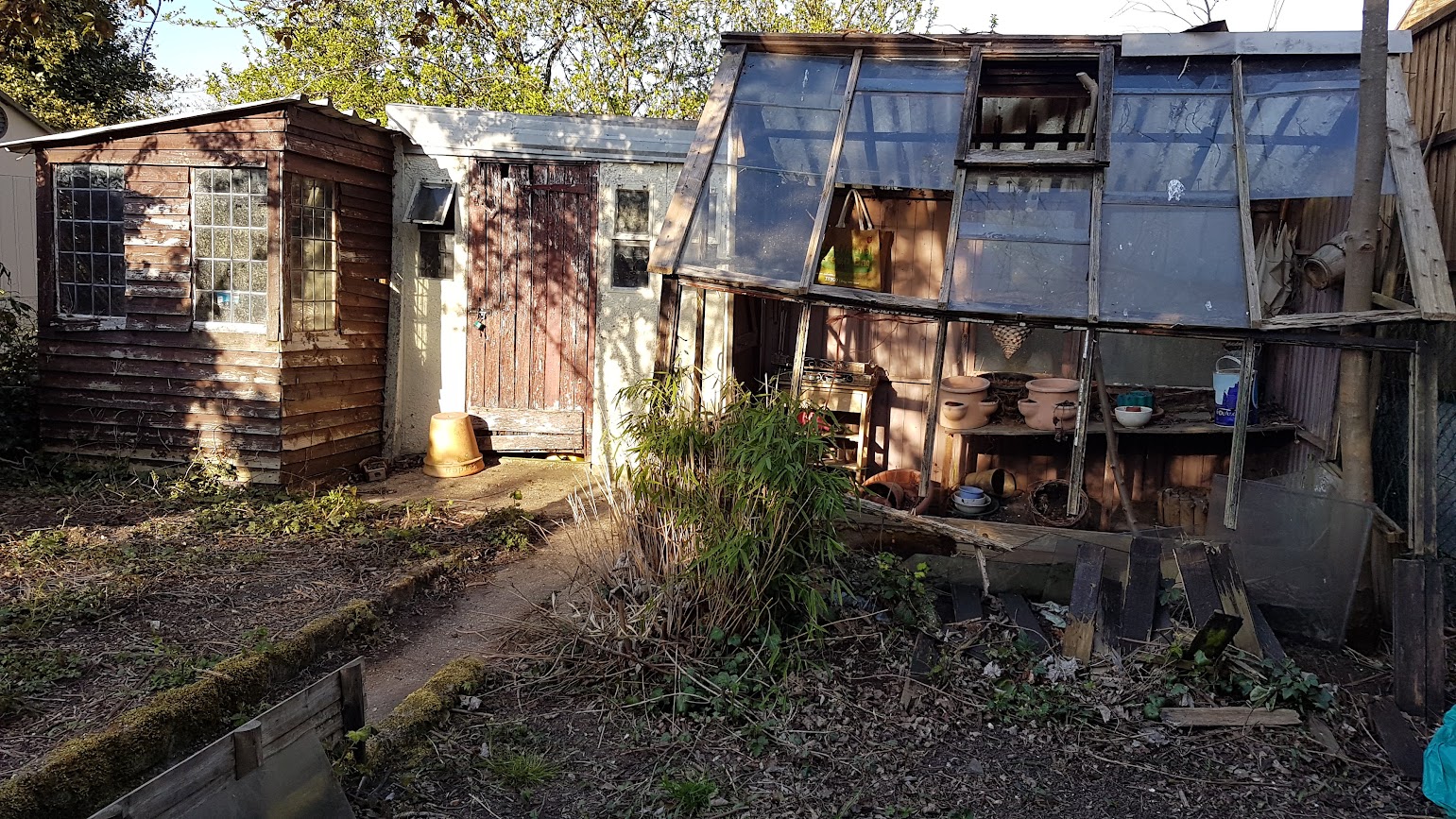Business
UK Cities Ranked Worst for Business Startups: A Detailed Analysis

Recent analysis from BestBrokers has identified the UK cities with the most challenging conditions for starting a business. The report utilizes data from the Office for National Statistics to reveal significant insights into the survival rates and economic environments of various regions. Alarmingly, recent figures indicate that approximately half of UK businesses do not survive beyond their fifth year, emphasizing the critical need for supportive conditions to foster new ventures.
To assess the viability of cities for startups, BestBrokers developed a weighted index based on six crucial factors, culminating in a total score of 100. The metrics included the five-year business survival rate, the number of active companies per 1,000 residents, the proportion of high-growth firms, export trade value per business, gross value added by each city, and the percentage of properties with access to gigabit Internet.
Identifying the Least Favorable Locations
The analysis highlights several UK cities and districts that rank poorly for new businesses. The following locations topped the list for unfavorable startup conditions:
– **Birmingham** – 29.32 / 100
– **Dumfries and Galloway** – 30.20 / 100
– **Monmouthshire and Newport** – 32.03 / 100
– **Blackpool** – 32.57 / 100
– **Walsall** – 33.02 / 100
– **Perth and Kinross, and Stirling** – 33.11 / 100
– **Swansea** – 33.80 / 100
– **Wolverhampton** – 34.72 / 100
– **Dudley** – 34.97 / 100
– **Barking & Dagenham and Havering** – 35.15 / 100
In Birmingham, only a quarter of new enterprises survive beyond five years. Factors contributing to this include a recent city council bankruptcy, which led to substantial budget cuts and diminished investor confidence. Currently, just **0.36%** of businesses in Birmingham are classified as high-growth.
Swansea, despite its burgeoning fintech and software sector, struggles with a low productivity score of **82.9** and a business survival rate of **29.7%**. This situation raises concerns for local investors, as the city ranks low with **33.80 points**.
Conversely, several regions in Northern Ireland consistently rank as the most resilient for business startups. Seven of the top ten locations for business survival are found here, demonstrating a strong support network for new enterprises.
Lisburn and Castlereagh stand out with the highest five-year company survival rate in the UK at **52.6%**. The area’s strategic location along the Dublin-Belfast Economic Corridor allows access to over **2.2 million** people within a **30-minute** drive. Fermanagh and Omagh also exhibit strong performance with a **51.3%** survival rate, bolstered by cross-border trade and tourism, advantages that have strengthened post-Brexit.
The Welsh districts of Conwy and Denbighshire illustrate a similar resilience, with economies based on agriculture and tourism benefiting from loyal customer bases. Targeted support through initiatives like the Rural Development Programme for Wales (RDP Wales) has further enhanced business resilience, achieving a **51.6%** survival rate.
Challenges Facing New Businesses
Despite Birmingham’s influx of startups, the survival rate remains concerningly low. Only about **25%** of new businesses endure beyond five years, primarily due to high operational costs. While rental prices are lower than in London, ongoing expenses can quickly overwhelm startups, especially once initial funding is exhausted.
Earlier this year, **J S Wright & Co**, a long-standing engineering contractor in Birmingham, entered administration due to rising costs and debts exceeding **£13.5 million**.
Commercial rents in Birmingham are comparable to those in Manchester, where just **28.9%** of new enterprises survive past the five-year mark. With nearly **569,000** residents and approximately **26,000** active companies as of 2023, Manchester’s competitive landscape poses challenges for new entrants. A notable casualty of this environment was **Annie’s Restaurant**, co-owned by actress **Jennie McAlpine**, which closed due to economic pressures and debts surpassing **£300,000**.
Both Liverpool and Swansea also feature among the cities with low startup resilience, each with survival rates below **30%**. These areas face difficulties diversifying their economies away from post-industrial reliance. In January, **Lloyds** announced the closure of its Speke office in Liverpool, impacting **500** employees and raising local concerns. Similarly, Swansea’s **Enzo’s Homes** went into compulsory liquidation earlier this year, citing legal challenges and escalating construction costs.
This analysis underscores the significant disparities in business viability across the UK, highlighting areas in need of supportive measures to improve conditions for startups.
-

 Science2 months ago
Science2 months agoToyoake City Proposes Daily Two-Hour Smartphone Use Limit
-

 Health2 months ago
Health2 months agoB.C. Review Reveals Urgent Need for Rare-Disease Drug Reforms
-

 Top Stories2 months ago
Top Stories2 months agoPedestrian Fatally Injured in Esquimalt Collision on August 14
-

 Technology2 months ago
Technology2 months agoDark Adventure Game “Bye Sweet Carole” Set for October Release
-

 World2 months ago
World2 months agoJimmy Lai’s Defense Challenges Charges Under National Security Law
-

 Technology2 months ago
Technology2 months agoKonami Revives Iconic Metal Gear Solid Delta Ahead of Release
-

 Technology2 months ago
Technology2 months agoSnapmaker U1 Color 3D Printer Redefines Speed and Sustainability
-

 Technology2 months ago
Technology2 months agoAION Folding Knife: Redefining EDC Design with Premium Materials
-

 Technology2 months ago
Technology2 months agoSolve Today’s Wordle Challenge: Hints and Answer for August 19
-

 Business2 months ago
Business2 months agoGordon Murray Automotive Unveils S1 LM and Le Mans GTR at Monterey
-

 Lifestyle2 months ago
Lifestyle2 months agoVictoria’s Pop-Up Shop Shines Light on B.C.’s Wolf Cull
-

 Technology2 months ago
Technology2 months agoApple Expands Self-Service Repair Program to Canada









